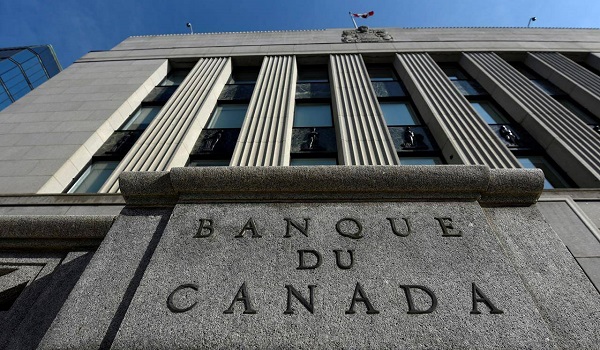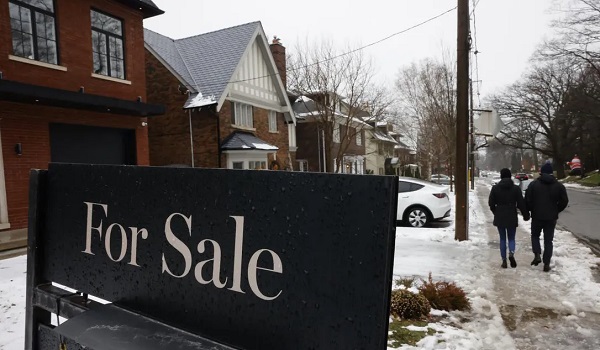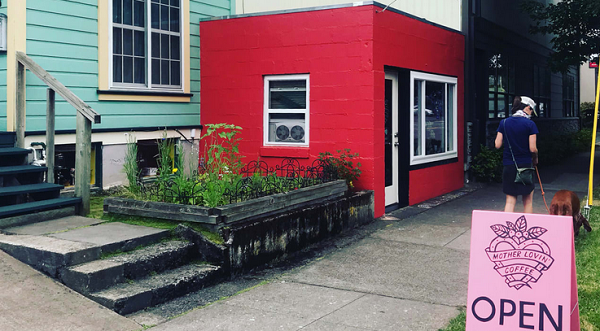Ottawa to restrict study permits for international students: internal memo
Starting later this year, the federal government will assign a fixed number of international study permits to each province, according to a Universities Canada memo obtained by the Star that offers a first glimpse at the level of cuts to the international enrolment that Ottawa is targeting.
Under the proposed plan, provinces would be provided an allotment from Immigration, Refugees and Citizenship Canada for study permits, and each province would determine how the spots are going to be split among authorized post-secondary institutions within their jurisdictions.
“The number of international student study permits is still undetermined, but IRCC indicated they will aim for a return to more sustainable levels, possibly rolling back international student numbers to where they were at least two years ago,” said the internal letter from Universities Canada, a national advocacy group for Canadian universities.
A copy of the document was obtained by the Star and a post-secondary source confirmed the memo was sent out by Universities Canada to its 96 members around dinnertime Friday.
In response to the Star’s inquiry about the leaked plan, the federal Immigration Department said it had nothing to share at the moment.
The letter said the allotment system is a “two-year stopgap measure” until the federal government can fully implement the new “recognized” institution regime, at which time the cap will no longer be necessary.
Immigration officials had previously told media that the recognized institution scheme would start in the upcoming fall semester to vet colleges and universities based on yet-to-be-revealed criteria. It’s meant to, among other things, speed the processing of study-permit applications from trusted institutions.
Between January and November 2023, Canada issued 579,075 new international study permits and had about 900,000 international students in the country. If Canada were to roll back the numbers to where they were two years ago, the annual number of new study permits issued would have to be reduced by 23 per cent to the level of 443,715 in 2021, when some 617,250 study permit holders were in the country.
A university president who spoke with the Star but who did not wish to be publicly identified said if caps are introduced the federal government must make some distinction between publicly assisted and private institutions.
Private post-secondary schools, in particular colleges, said the president, “have no cap” on international students, and don’t provide the same student and housing supports that public ones do.
Those differences need to be taken into account when allocating spots, the president said.
“Two years ago, we were just beginning to recover from the COVID travel shutdown, so returning to those numbers will cause problems for some universities,” said the university president after reading details in the memo.
The issue of capping the number of student visas is “top of mind” for families from many countries, said another post-secondary president who also did not want to be identified.
“I hope the government does this with nuance and recognizes the real opportunities for Canada, as opposed to the abuses,” said the veteran educator.
Schools charge much higher tuition rates to international students in order to boost their budgets.
“The system is starving and that’s why colleges and universities have turned to international students,” the president said.
A recent blue-ribbon panel struck by Ontario Colleges and Universities Minister Jill Dunlop recommended an immediate boost of 10 per cent in government funding to schools this fall, while also allowing them to raise tuition by five per cent for in-province students in 2024-25.
Facing public pushback about high levels of immigration and criticism of its impacts on affordable housing, federal Immigration Minister Marc Miller had floated the idea of reducing the number of temporary residents and has introduced a string of changes to the out-of-control international student program.
While those changes — including a new system to authenticate schools’ letters of admission and doubling the cost-of-living financial requirement for study-permit applicants — are meant to reduce the number of international students by default, Miller has not publicly committed to imposing a hard cap.
However, he has been critical of his provincial counterparts for not doing their part to monitor the quality of the institutions that they authorize to admit international students.
“If provinces and territories cannot do this, we will do it for them and they will not like the bluntness of the instruments that we use,” Miller said at a news conference in December. “Our aim is to strike the right balance between welcoming international students and making sure they have all that they need to thrive.”
According to Universities Canada, immigration officials are considering following Quebec’s model, where provincial governments have to provide a letter supporting each individual study permit application. However, applicants for master’s and PhD programs will be exempted from the cap.
It said federal authorities also hinted at updating the length of the postgraduate work permit to match the number of years spent studying in Canada, providing additional years for graduates of master’s and PhD programs.
“We have informed your regional association heads of these developments and will be working closely with your international liaison officers to address these measures and influence IRCC to act prudently,” said the one-page document. “Universities Canada remains in close contact with IRCC and will keep you apprised of any updates.”
Universities Canada could not be reached for comment at press time.
This article was reported by The Star
















